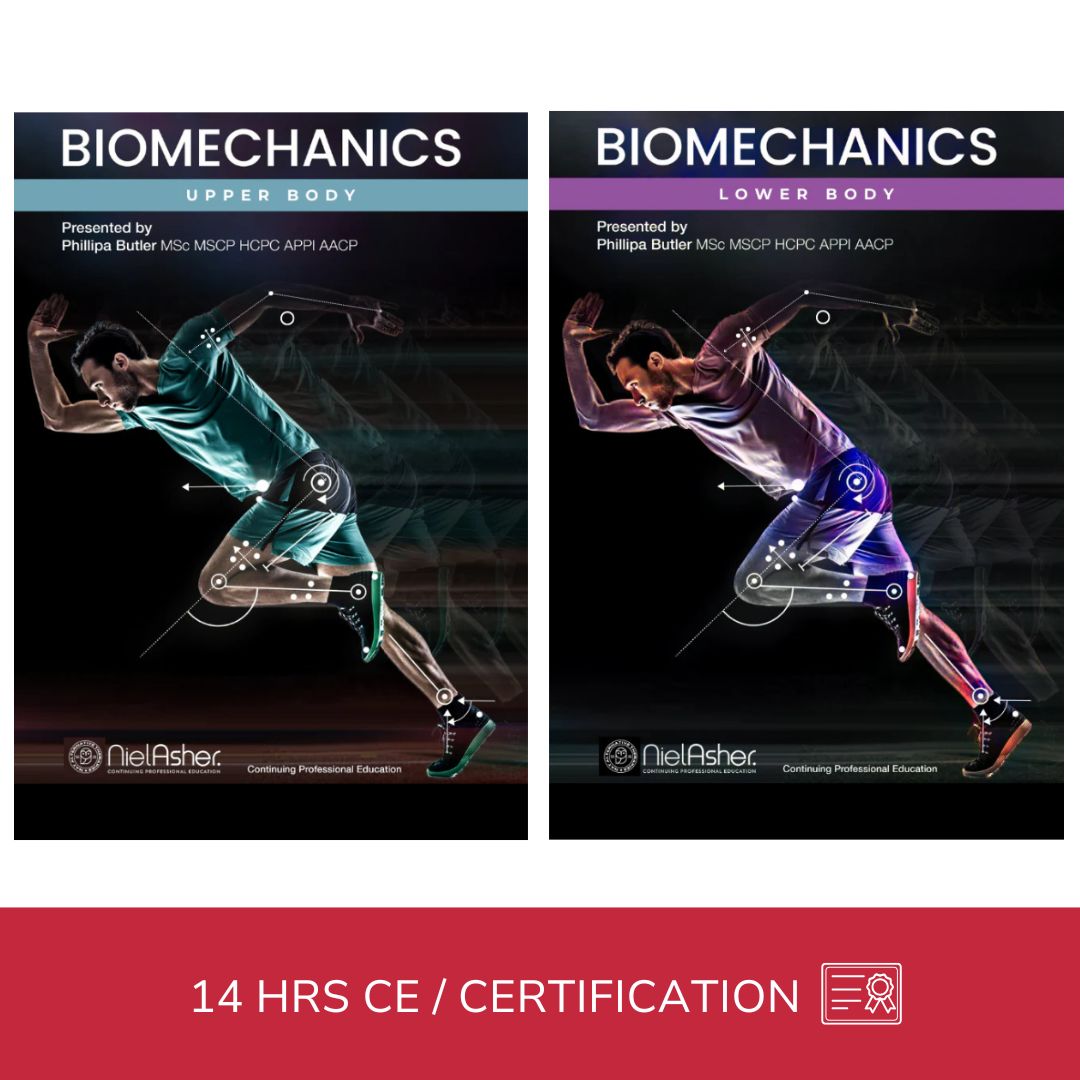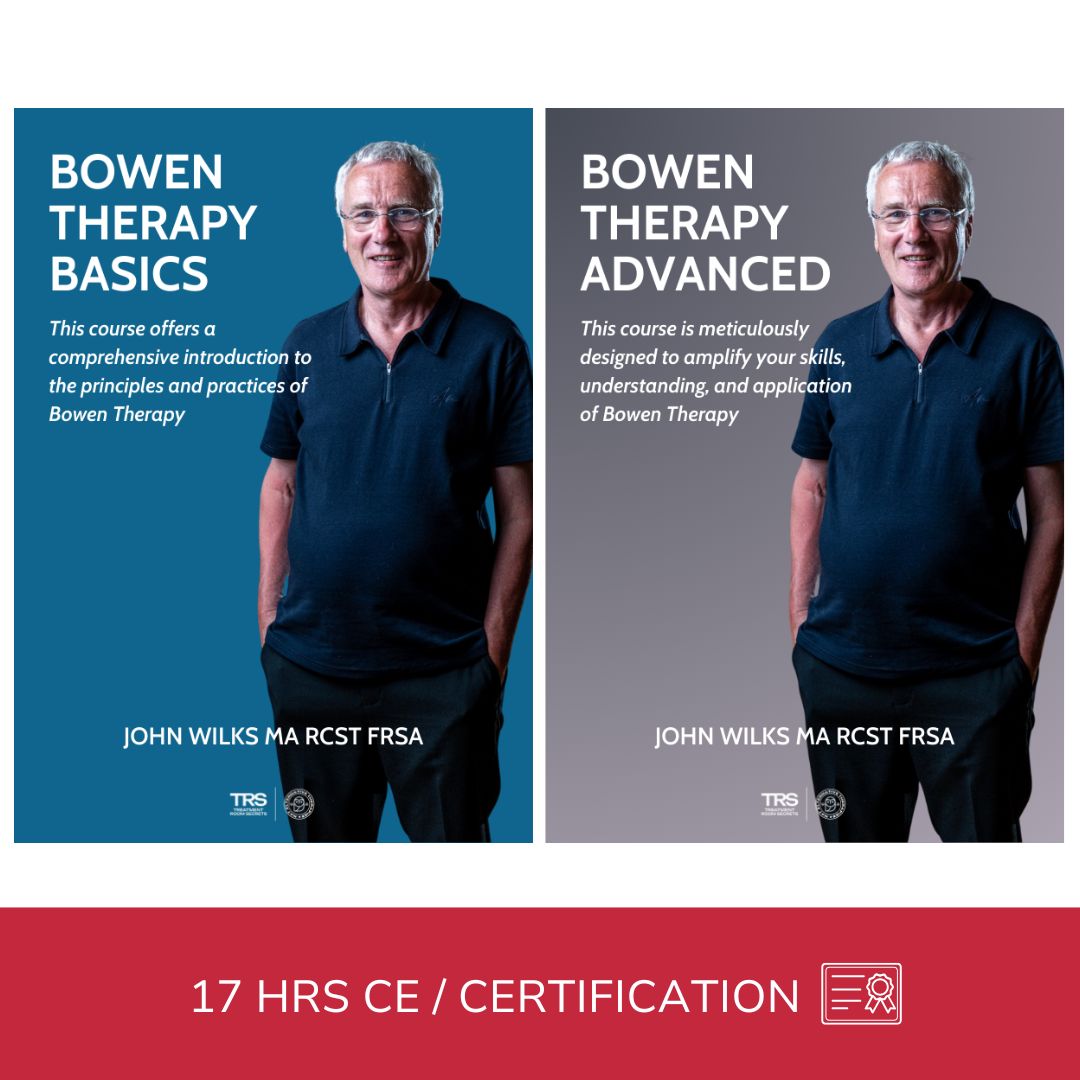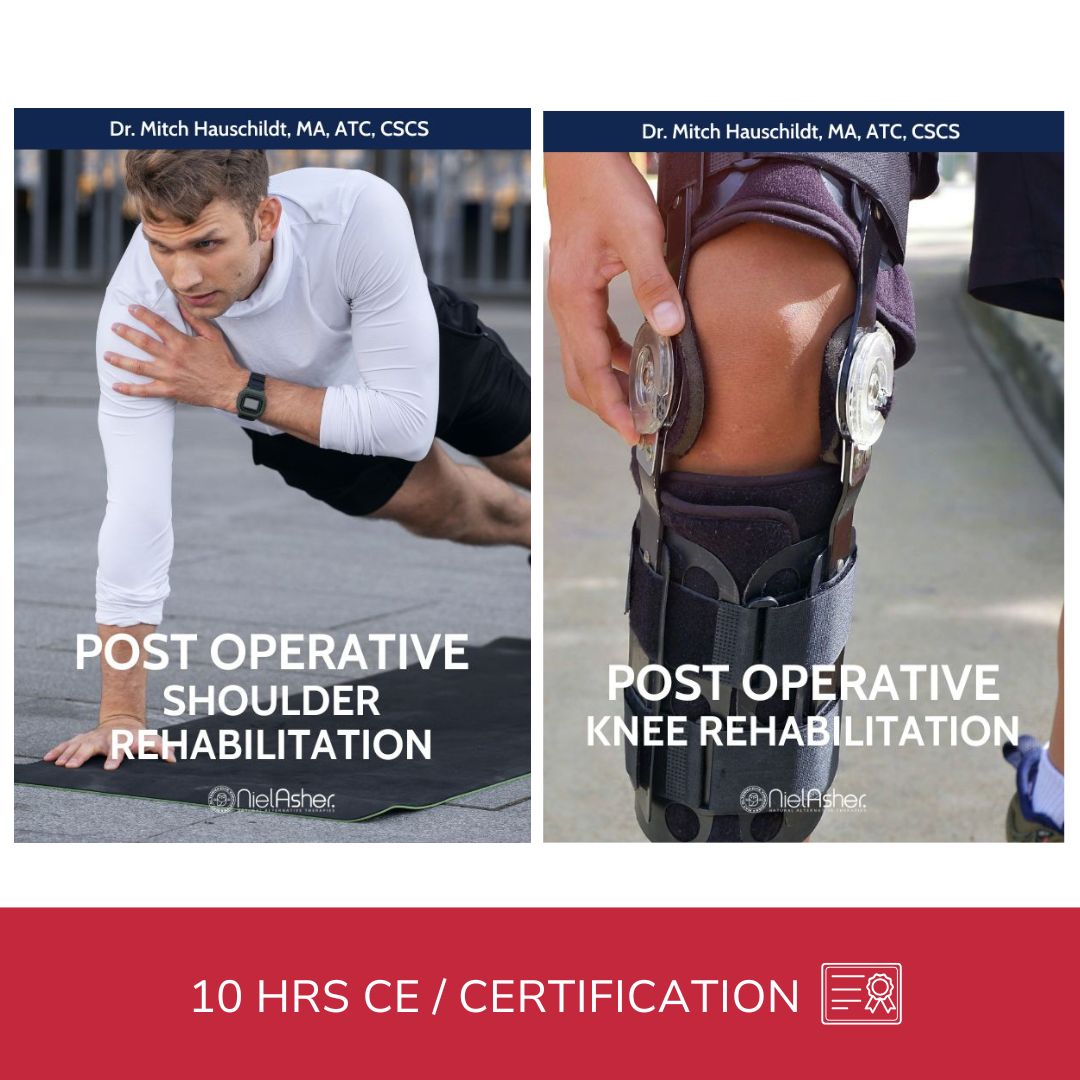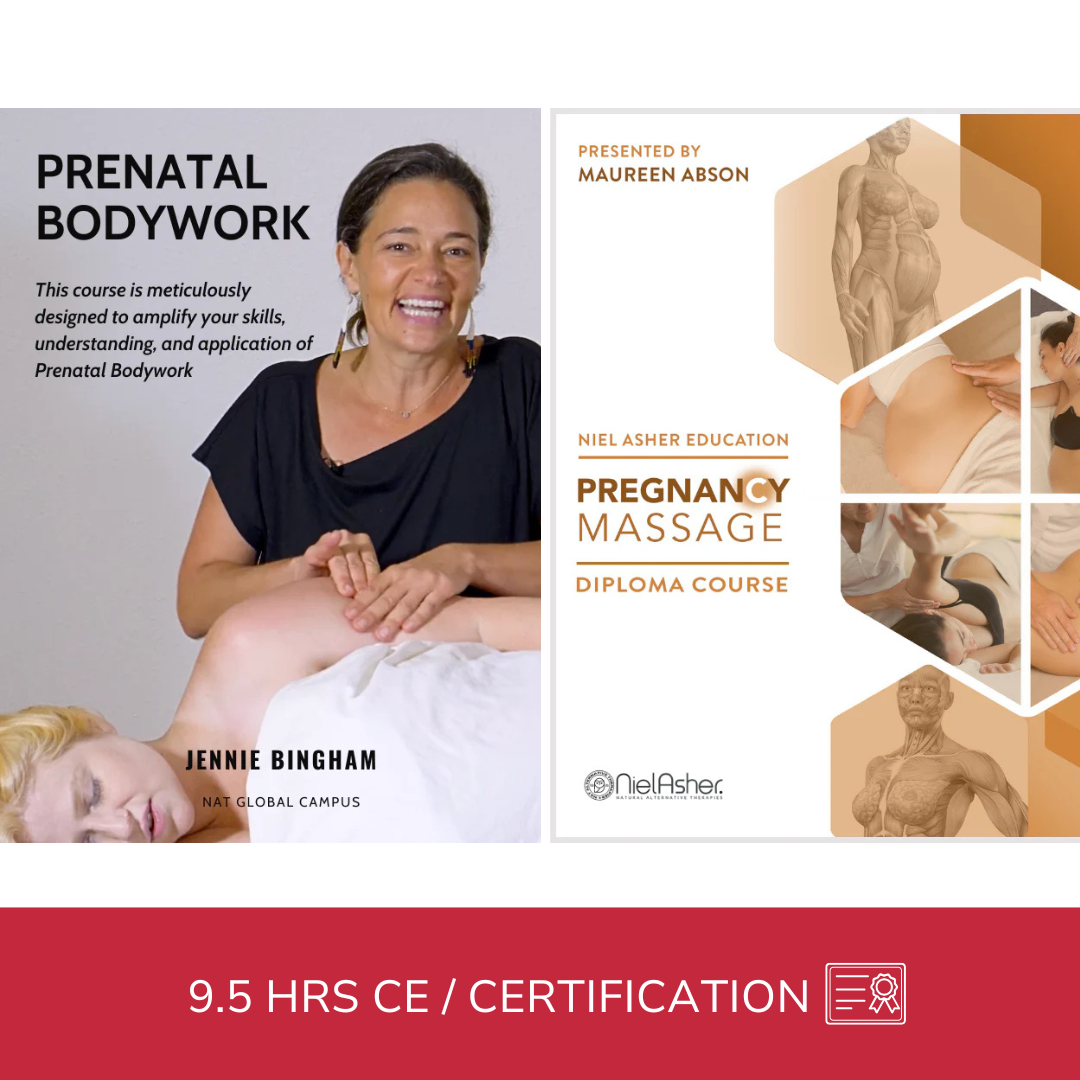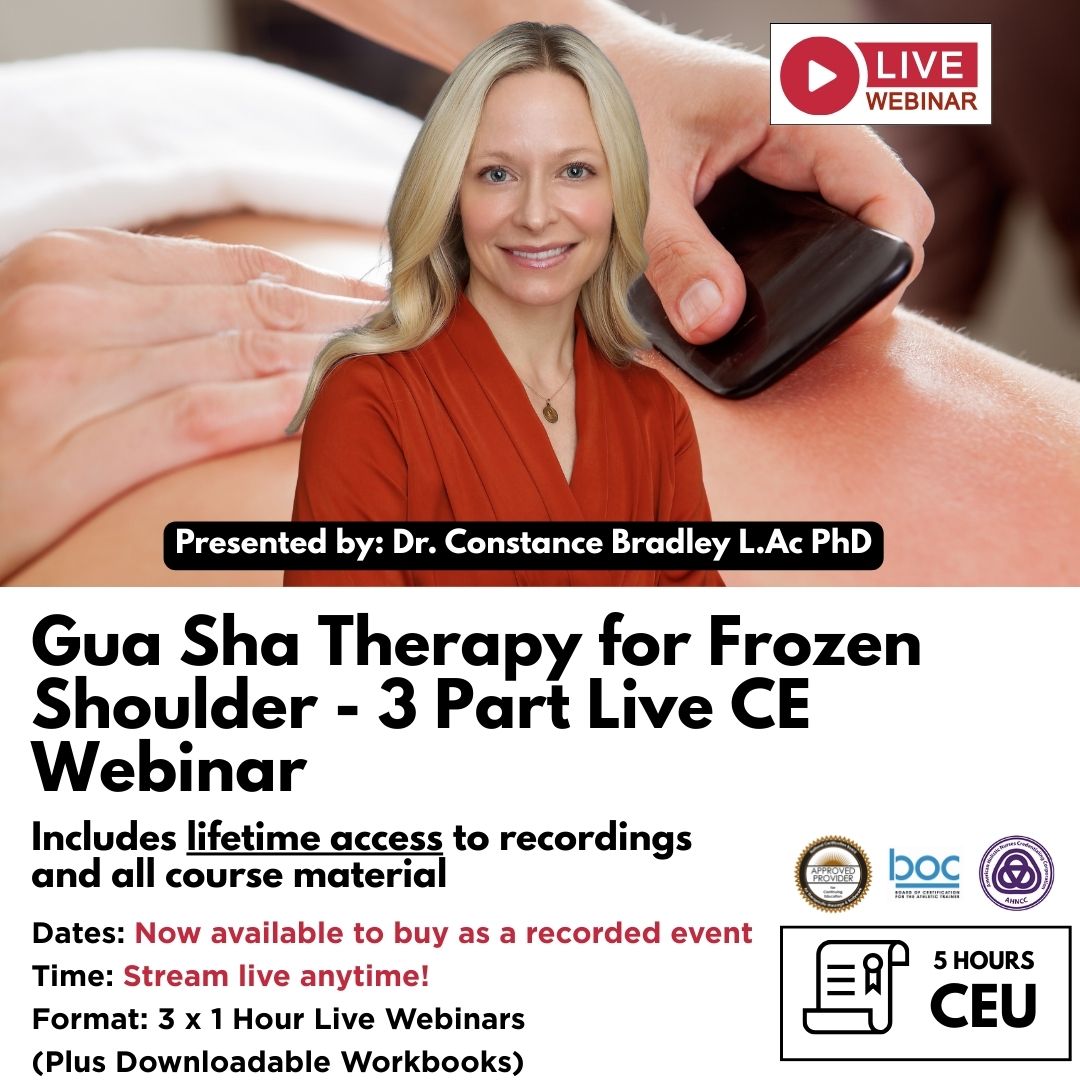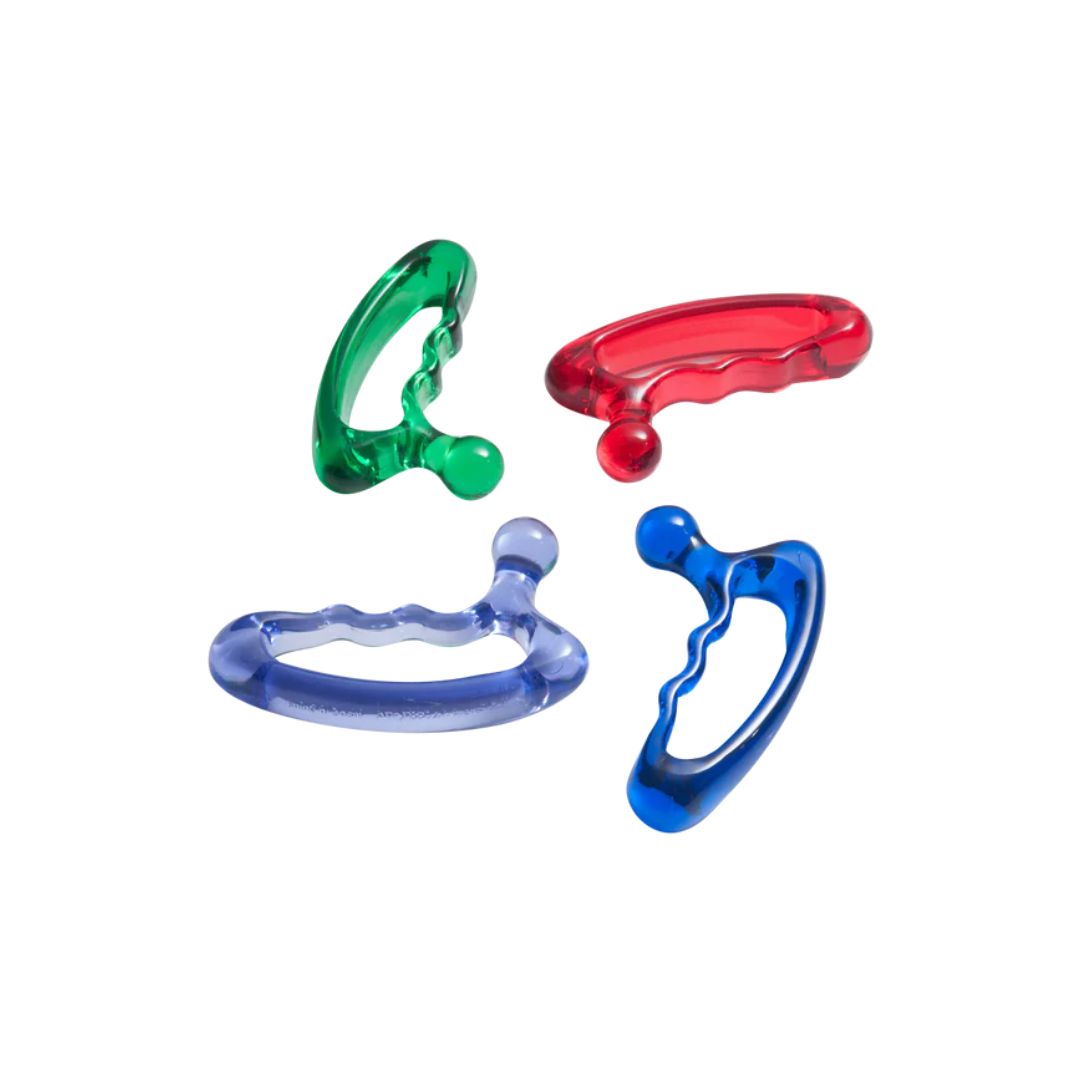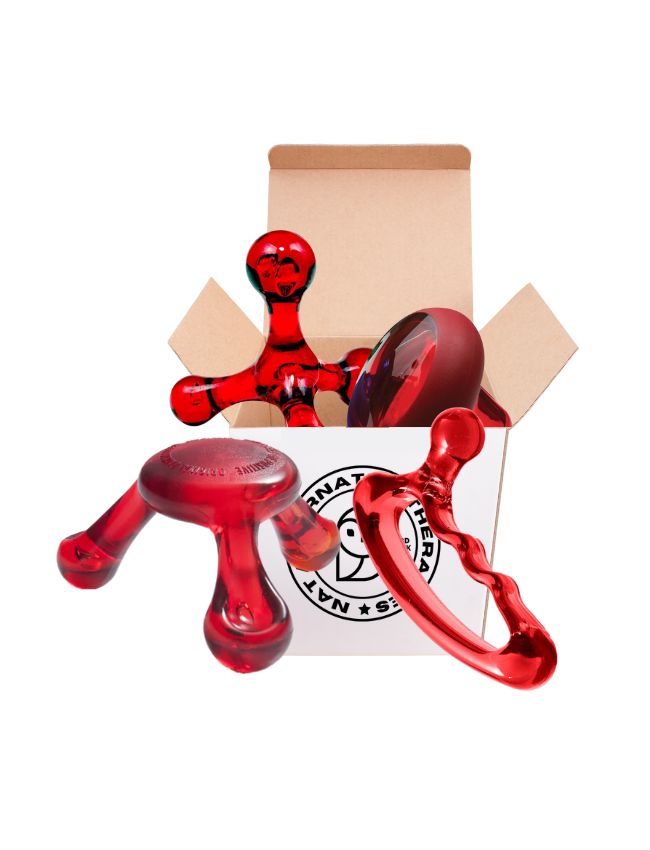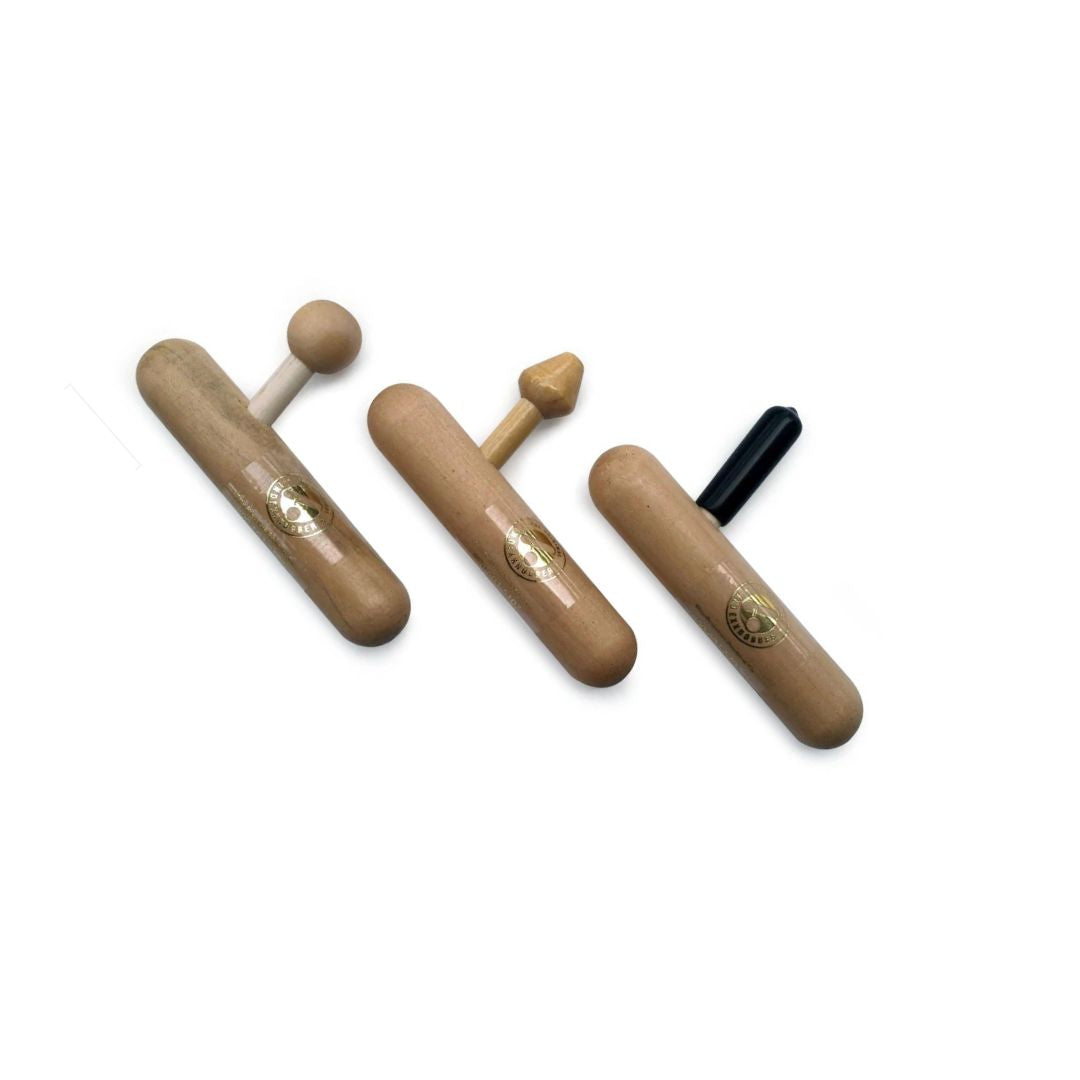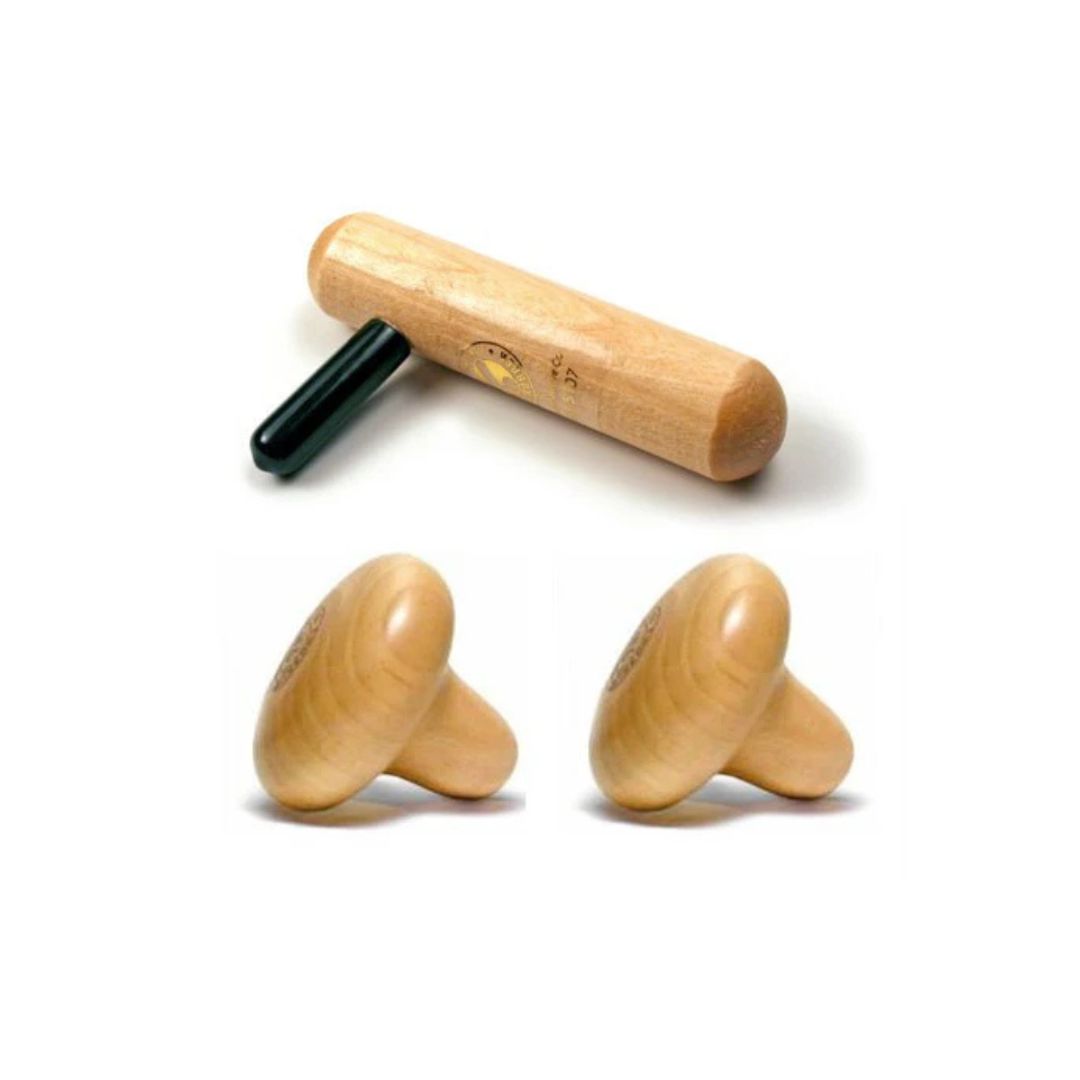Benefits of Manual Lymphatic Drainage Massage (MLD)

Many experts believe that MLD techniques may be effective for releasing trigger points
Manual lymph drainage (MLD) is a gentle manual treatment technique initially developed in the 1930’s by Danish Drs. Emil Vodder and Estrid Vodder.
It is a type of gentle massage which is intended to encourage the natural drainage of the lymph, which carries waste products away from the tissues back toward the heart.
The Vodders began to study the lymph system in the early 1930's, developing light, rhythmic hand movements to promote lymph movement.
They first introduced the technique 1936, in Paris, France, and after the second world war, they returned to Copenhagen to teach other practitioners to use this therapy.
Whilst scientific research has shown mixed results, MLD is practiced quite widely.
A 2009 meta-analysis of studies in the area of sports medicine and rehabilitation showed the best evidence of effectiveness for Manual lymphatic drainage treatment to "enzyme serum levels associated with acute skeletal muscle cell damage as well as reduction of edema (swelling) around broken bones".
MLD is based on a "more subtle" approach
Manual Lymphatic Drainage (MLD) requires a more subtle approach and also a good knowledge of the morphology of the lymphatic system.
Very light pressure is used to encourage lymph flow, as opposed to forcing blood through the system.
MLD is considered by many therapists to be useful at releasing trigger points in the scalenes, anterior cervical musculature, and clavipectoral fascia (ex. in the acute phase of whiplash injury).

Manual Lymphatic Drainage Massage
Among the many types of massage, manual lymphatic drainage (MLD) is a unique and effective technique that helps promote the health of the lymphatic system. This system is a network of small ducts and nodes that collect and remove waste products from the body. It is also responsible for enhancing the immune system.
MLD can be helpful for many different types of health conditions. It can increase the flow of toxins and cell debris from the body, improve healing time, and boost the body's natural release of endorphins. In addition, MLD can reduce swelling, promote relaxation, and relieve pain. This type of massage can be beneficial to people suffering from autoimmune disorders.
MLD should only be performed by an expert. It is important that the therapist knows all of the possible contraindications. If he or she does not, new problems may develop during treatment. For instance, if the area has active cancer, the therapist should not perform MLD.
The lymphatic system is a complex network of veins, arteries, and capillaries. The fluid in the lymphatic system contains waste products, white blood cells, and infection-fighting antibodies. It travels through the body's tissues, removing waste from the tissue and carrying it back to the heart. However, if the lymphatic system is damaged or obstructed, it can cause swelling and edema. This condition is known as lymphedema. It is common in people who have had breast cancer surgery, but can also occur due to injury, infection, or genetic disorder.
MLD is a very gentle technique. It uses light touches to stimulate the opening of the initial lymphatics under the surface of the skin. This opens up the lymph collectors and allows the fluid to drain more effectively. When performing MLD, a therapist will move the skin in circular, pump-like strokes.
In addition to improving the circulation of fluid in the body, MLD can alleviate fibrosis and other skin conditions. For example, it can be used to relieve eczema, which is caused by the body releasing toxins through the skin. It can also be beneficial for patients with arthritis. In fact, it can help alleviate painful symptoms of late-stage rheumatoid arthritis.
MLD is not recommended for people with active congestive failure, and it is not advisable for people who are undergoing active renal failure. For this reason, it is a good idea to wait at least two months before having MLD. If the therapist determines that it is a viable option for you, it is best to consult with your physician before beginning the procedure.
MLD can be very effective for many skin conditions, including acne, eczema, and spider veins. It can also be helpful for those who suffer from a variety of digestive problems. It can also be useful for people with allergies or hormonal imbalances.
In addition to the esthetic benefits of MLD, it is also a very effective method for relieving the pain and discomfort of a variety of headaches. It is especially beneficial for those who experience headaches related to muscle tension, stress, or congestion in the face.
Trigger Points and Lymphatic Flow
Trigger point activity has been demonstrated to attenuate lymphatic flow in the following ways (Simons et al.1998):
- Scalene trigger points (especially anterior) cause tension that interferes with drainage into the thoracic duct. This is compounded by restrictions in the 1st rib mechanics (often secondary to trigger points in the middle and posterior scalenes).
- The peristaltic movement of lymph is disrupted by trigger points in the scalenes.
- Lymph flow in the arms and breast may be disrupted by trigger points in the subscapularis, teres major, and latissimus dorsi.
- Lymph flow to the breast may be further disrupted by trigger points in the anterior axillary fold (especially in the pectoralis minor). This commonly results from a protracted, chronically round-shouldered posture (Zinc 1981).
MLD Technique
MLD procedure is best described (Harris & Piller, 2004) as follows:
-
Administer light, rhythmic, alternating pressure with each stroke.
-
Perform skin stretching and torque both longitudinally and diagonally.
-
Apply pressure and stretch in the direction of the desired fluid flow (not always in the direction of lymph flow).
-
Use light pressure over spongy, edematous areas and slightly firmer pressure over fibrotic tissue.
- Do not exceed a pressure of 32 mmHg.
It is suggested that MLD should be employed either before deeper work or after it, in order to help remove excessive toxins and/or waste products from the tissues (Chaitow & DeLany 2000).
This blog is intended to be used for information purposes only and is not intended to be used for medical diagnosis or treatment or to substitute for a medical diagnosis and/or treatment rendered or prescribed by a physician or competent healthcare professional. This information is designed as educational material, but should not be taken as a recommendation for treatment of any particular person or patient. Always consult your physician if you think you need treatment or if you feel unwell.
About Niel Asher Education
Niel Asher Education (NAT Global Campus) is a globally recognised provider of high-quality professional learning for hands-on health and movement practitioners. Through an extensive catalogue of expert-led online courses, NAT delivers continuing education for massage therapists, supporting both newly qualified and highly experienced professionals with practical, clinically relevant training designed for real-world practice.
Beyond massage therapy, Niel Asher Education offers comprehensive continuing education for physical therapists, continuing education for athletic trainers, continuing education for chiropractors, and continuing education for rehabilitation professionals working across a wide range of clinical, sports, and wellness environments. Courses span manual therapy, movement, rehabilitation, pain management, integrative therapies, and practitioner self-care, with content presented by respected educators and clinicians from around the world.
Known for its high production values and practitioner-focused approach, Niel Asher Education emphasises clarity, practical application, and professional integrity. Its online learning model allows practitioners to study at their own pace while earning recognised certificates and maintaining ongoing professional development requirements, making continuing education accessible regardless of location or schedule.
Through partnerships with leading educational platforms and organisations worldwide, Niel Asher Education continues to expand access to trusted, high-quality continuing education for massage therapists, continuing education for physical therapists, continuing education for athletic trainers, continuing education for chiropractors, and continuing education for rehabilitation professionals, supporting lifelong learning and professional excellence across the global therapy community.
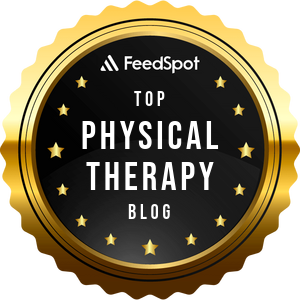
Continuing Professional Education
Looking for Massage Therapy CEUs, PT and ATC continuing education, chiropractic CE, or advanced manual therapy training? Explore our evidence-based online courses designed for hands-on professionals.

